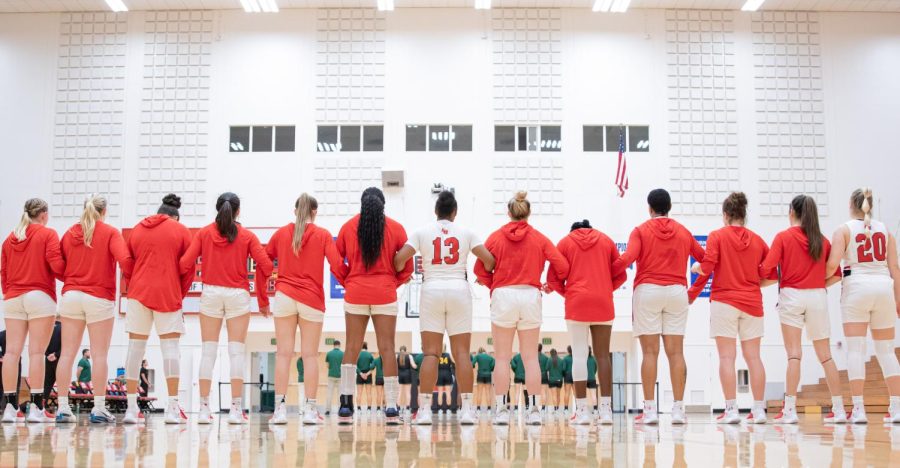
elicits privacy concerns.
Despite the use of over 322 million wireless devices in the U.S., according to telecommunication industry records, it is unclear how long service providers keep cell tower records of their customers’ phone use and messaging exchanges, creating a concern for many wireless customers.
Customers seeking either new phones or rate plans usually agree to a two-year contract with a wireless carrier, which includes a privacy policy. Often, it is a long, single-spaced text that uses Cellular Telecommunication Industry Association (CTIA) language and is tucked away on wireless companies’ websites.
In these policies, the carriers define their uses of customer information, however, these policies show they do not state for how long they keep this information. Some customers are indifferent to this knowledge, while others are not.
Igor Alekseev, an AT&T customer and junior Kinesiology major at CSU East Bay, said in an interview he is not surprised by the apparent lack of clarity and privacy for citizens.
“After 9/11, and during possible drastic situations, things became more controlled and people have less privacy,” said Alekseev.
The major four wireless carriers in the U.S., Verizon, AT&T, Sprint and T-Mobile, all commit to respecting their customer’s personal information.
In general, all four of the carriers explain in their policies that they use this information to “respond to legal process and emergencies, protect their own and their customers’ rights and property, and develop or inform customers of new products and services.”
In 2010, the Department of Justice showed how long the individual wireless carriers keep information about their customers and their phone usage.
Entitled “Retention Periods of Major Cellular Providers” and stamped with the words, “Law Enforcement Use Only,” the document includes among other items how long the major carriers keep track of their customers’ text message exchanges—and perhaps most importantly, the cell tower data, which refers to the tracking of a phone or mobile device as it connects to different cell towers during a call.
When asked to confirm the information in this document, Sprint spokesman Jason Gertzen said, “We are not going to discuss the document.” When asked to explain location tracking of cell phones, Gertzen added, “We do not engage in tracking of our customers. There are business reasons that require our phones to collect and send location data to Sprint.”
The Department of Justice document was compiled for law enforcement agencies that would look to use this type of information in an emergency situation or to aid in locating a suspect of a crime. It was made available to the public in September after a coordinated effort of records requests by the American Civil Liberties Union.
Talia Ferrari, an AT&T customer and CSUEB Business major, said that she “has nothing to hide. People who have things to hide are the same people getting too defensive about this issue.” Ferrari believes it is necessary for the “right people” to have the authority to help protect citizens and the country.
Didier “D” Berrios, a Metro PCS customer and a junior Biology major at CSUEB, shrugged off all these privacy concerns while saying he is accustomed to the lack of privacy and has experienced people “stalking” him on Facebook.
“We won’t ever get back to a level of privacy and trust like we had over fifty years ago. The government doesn’t trust its people anymore,” Berrios added.
October marked the 25th anniversary of the Electronic Communications Privacy Act, an act which the government and law enforcement frequently bring into play when arguing for warrantless access to the type of information that wireless companies keep.











